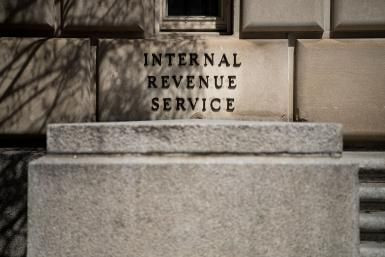Helping Workers Pay Student Loans

One of the lesser-discussed provisions of the CARES Act is the option for employers to provide up to $5,250 to assist their employees with student loan debt repayment. Historically, businesses could provide additional payments toward employee student loans, but these payments were considered taxable income to the employee and subject to payroll taxes for the employer. With the passage of the CARES Act, this rule has been overhauled.
The law now allows employers until December 31, 2020 to provide their employees with up to $5,250 of tax-advantaged payments for their employees to use toward student loans. In so doing, the employer can both deduct this payment as an ordinary business expense and exclude this payment from payroll taxes. Additionally, employees do not need to count this remuneration as taxable income, thereby enabling them to receive a form of compensation that is not subject to income tax.
This type of payment is pursuant to Internal Revenue Code section 127, which outlines the details of an employer-sponsored educational assistance program.
This is good news for both employers and employees. However, a written plan must be in place (which we strongly suggest be drafted by a qualified attorney) and employees must be made aware of the availability and terms of the program. The plan cannot be discriminatory: that is, it cannot favor highly compensated employees. And it does not have to include employees who are part of a collective bargaining agreement that already provides for educational assistance benefits.
Employers should track these payments as they would any other expense and claim them as an ordinary business deduction on their 2020 tax return.
Peter N. Riefstahl is a supervisor at Louis T. Roth & Co., PLLC, a Louisville, KY-based Certified Public Accounting firm that specializes in tax planning, accounting, and business consulting services.
© Copyright IBTimes 2024. All rights reserved.





















